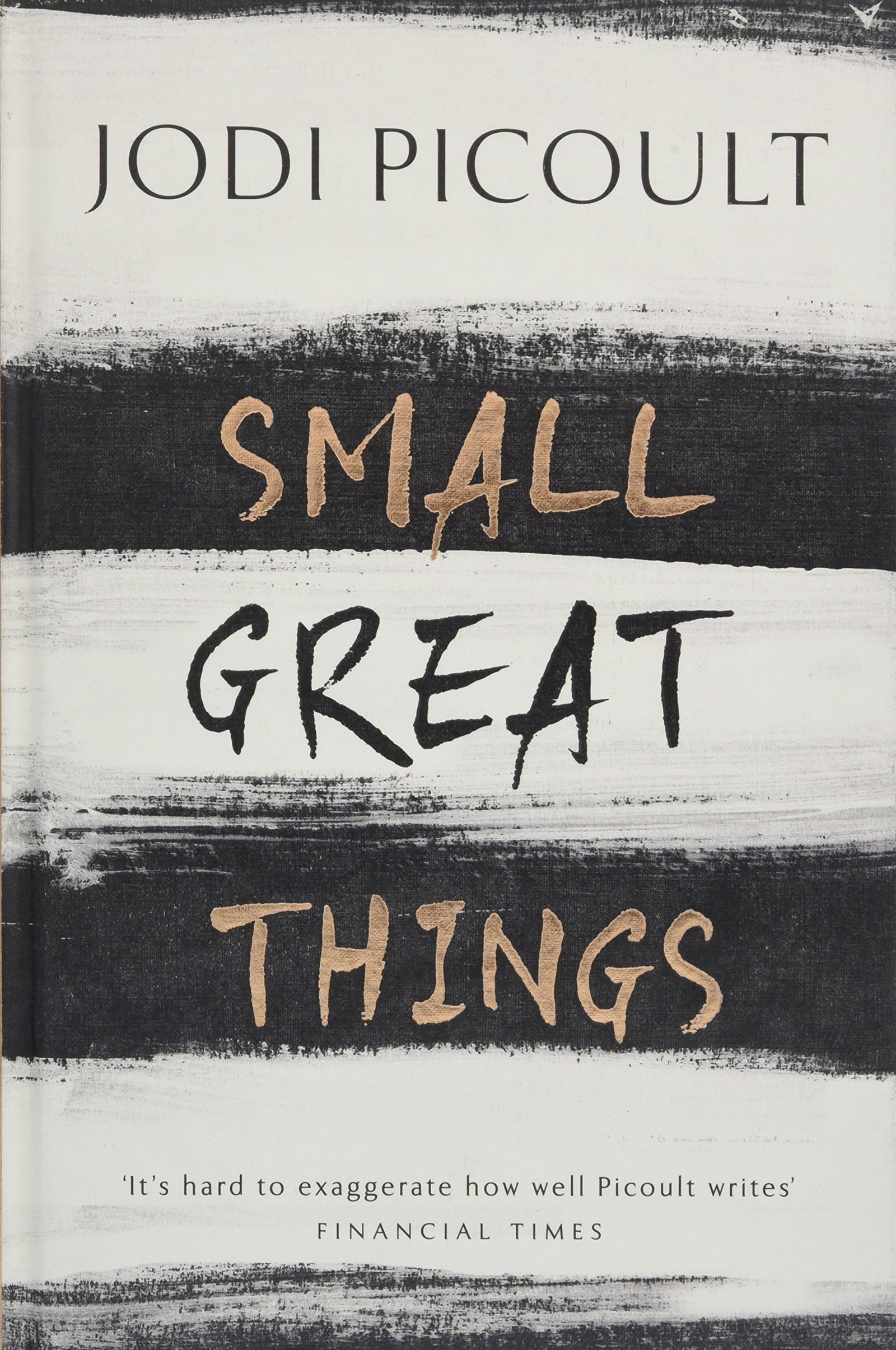In “Small Great Things,” Jodi Picoult ventures into the heart of one of society’s most pressing issues: racism. Set in a Connecticut hospital, the novel follows the life of Ruth Jefferson, an African American labour and delivery nurse with over two decades of experience. Ruth’s world is turned upside down when she is removed from attending to a newborn by her parents, who are white supremacists. Despite complying with the hospital’s decision, she finds herself facing a moral dilemma when the baby experiences a cardiac emergency while she is alone in the nursery. Ruth must decide whether to obey orders or intervene, leading her to be charged with a serious crime.
The Power of Racism and Compassion
“Small Great Things” is a gripping tale that explores the deep-rooted issue of racism and its impact on individuals’ lives. Picoult fearlessly delves into the perspectives of three main characters—Ruth, the nurse caught in the midst of discrimination; Turk, the white supremacist father with his twisted beliefs; and Kennedy McQuarrie, the white public defender who must confront her own biases while defending Ruth.
The novel delves into the profound effects of racism on Ruth, both personally and professionally. Despite her years of experience and dedication to her profession, Ruth faces prejudice and discrimination solely based on her skin colour. The book highlights the emotional and psychological toll that such discrimination can have on an individual, forcing readers to confront the harsh realities faced by people of colour daily.
The Complexity of Justice and Compassion
One of the novel’s most thought-provoking aspects is the clash between justice and compassion. When Ruth hesitates during the baby’s emergency, it raises questions about the responsibilities of medical professionals in the face of racial discrimination. The ensuing trial and the advice given by Kennedy, Ruth’s lawyer, not to mention race in court, adds further layers to the narrative.
Readers are forced to question their own notions of justice and compassion. Does justice mean adhering strictly to the rules, even if it means perpetuating racial biases? Or is true justice achieved by standing up against discrimination, regardless of the consequences?
Picoult’s Characterization
Jodi Picoult’s strength lies in her ability to create multi-dimensional characters. Ruth Jefferson is a compelling protagonist, torn between her duty as a nurse and the burden of racism she carries daily. Her emotional turmoil is palpable, making her a relatable and empathetic character.
On the other hand, Turk Bauer’s portrayal as a white supremacist may be uncomfortable for readers, but it serves as a stark reminder of the existence of such extremist ideologies. The character helps to shed light on the dangerous consequences of hatred and the toxic impact it can have on individuals and society as a whole.
Kennedy McQuarrie’s character evolution is equally intriguing. As a white public defender, she must confront her own prejudices and learn to navigate the complexities of racism while defending Ruth. Her growth as a character reflects the potential for transformation and growth in all of us, as we confront our biases and strive to become more compassionate individuals.
Exploring Privilege and Prejudice
The novel also delves into the theme of privilege and how it shapes one’s perspectives and actions. The white supremacist couple’s belief that they can dictate who should care for their child is a stark example of their privilege and the entitlement they feel due to their race. Ruth’s experiences as a black woman in a predominantly white society further emphasize the systemic prejudices ingrained in society.
“Small Great Things” urges readers to examine their own privilege and the role it plays in perpetuating discrimination. It serves as a reminder that the fight against racism requires active participation and a commitment to challenging and dismantling oppressive structures.
Conclusion
In “Small Great Things,” Jodi Picoult skillfully tackles the difficult and often uncomfortable topic of racism. Through the compelling narrative and multi-faceted characters, Picoult urges readers to confront their own prejudices, challenge their perceptions of justice, and actively work towards creating a more compassionate and inclusive society.
This powerful novel is a reminder that the struggle for racial equality is ongoing and that each one of us has a role to play in making a difference. “Small Great Things” is a must-read that will leave readers reflecting on the profound themes of race, privilege, justice, and compassion.

